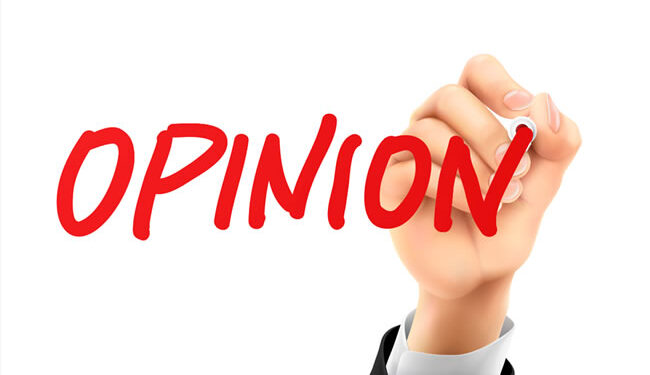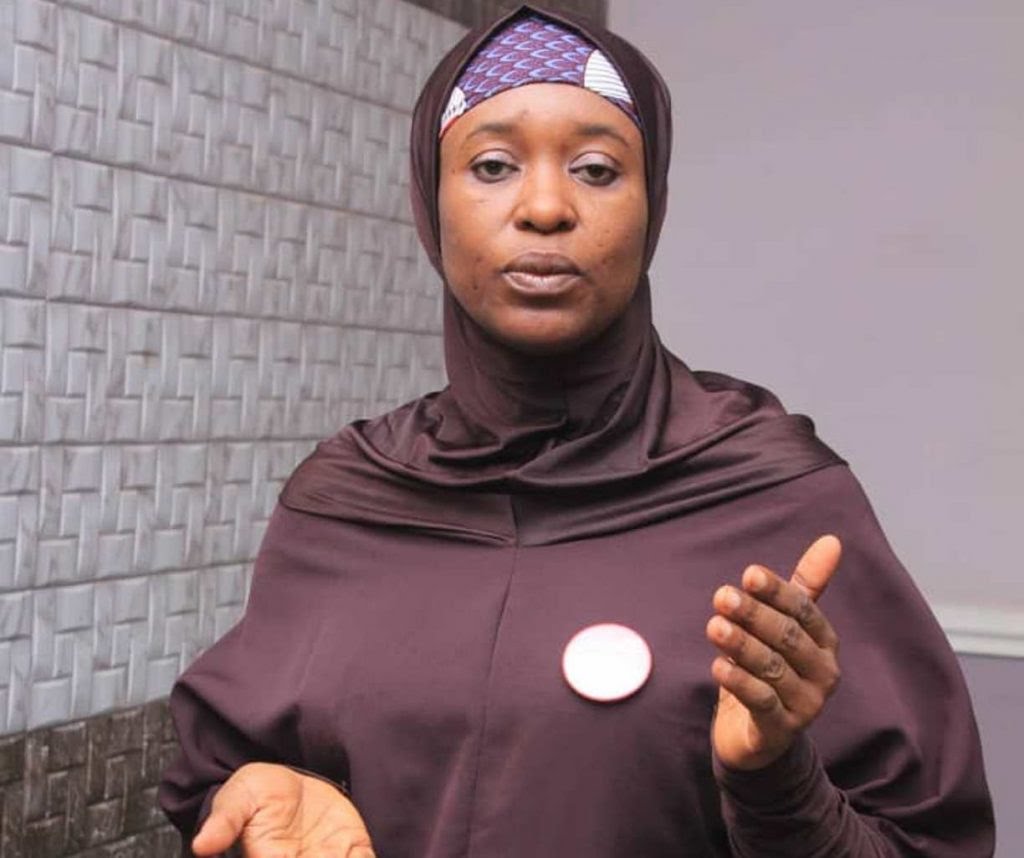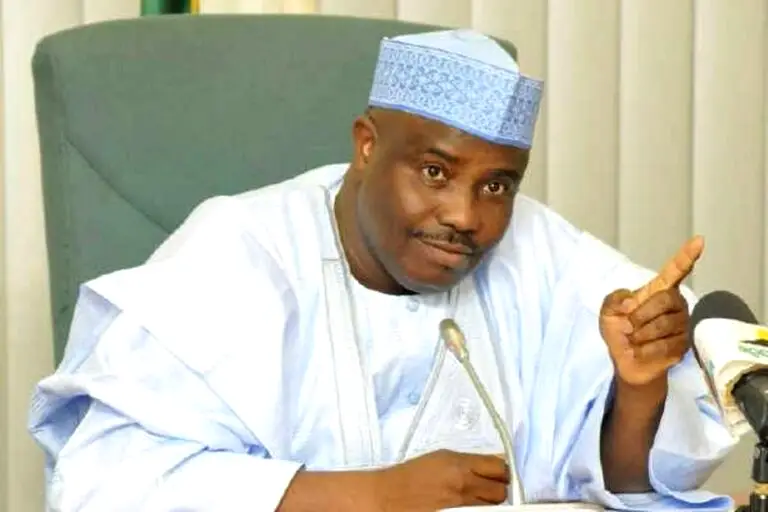[ad_1]
THE challenges militating against taking governments in Nigeria to task concerning their responsibilities for providing public good are increasingly daunting. To most Nigerian politicians, the only huddle to be scaled is that of getting into office. Once in office, apart from members of their families and cronies, others can go to hell until the next election cycle. This is a sordid tale everywhere in Nigeria. Regrettably, the Nigerian electorate still appear to be helpless regarding how to remediate this recalcitrant but noxious contamination. This is because many Nigerian politicians do not actually need popular votes to get into office. It is either they rig massively or exploit the technicalities of the law through the courts. To be fair, in instances, there would have been no need for the law courts to get involved in determining who becomes what politically, if all the political players had played by the rules. Of course, they find it extremely difficult to play by their own rules. As a matter of fact, they do not even believe in any rule!
There was a well-known male politician (name withheld), in the earlier days of this fourth republic, who told members of his constituency to accept whatever (monetary) gift he was presenting to them because whether they voted for him or not, he would definitely ‘win’ the election as the results had been written before the votes were cast. This was one of the reasons why we asked that “…..what then is really the essence of electronic voting without transmitting its results electronically?…..” during the imbroglio in the National Assembly when some legislators (acting like coupists) were trying to truncate the effort to incorporate electronic transmission of result into the then-Electoral Act Amendment Bill. We went further to state that “…..transmitting results electronically has been well argued to possess good capability of eliminating electoral fraud that occurs, on paper results, between polling stations and collation/consolidation centres.” Eventually, electronic transmission of results was successfully incorporated into the above-mentioned amended bill that got signed into law by President Muhammadu Buhari in February, 2022.
Nigeria may have slightly moved positively forward owing to the earlier-mentioned Electoral Act 2022. Nevertheless, challenges still exist. Like the unscrupulous politicians elsewhere, those in this country will always devise ways to circumvent the rules. Currently, widespread vote buying is a challenge bedevilling the country’s political landscape. While this challenge is huge enough as an encumbrance to free and fair elections, there came an alarming alarm, by Coalition of United Political Parties (CUPP), on 14th September, 2022, over an alleged adulteration of register of voters belonging to Independent National Electoral Commission (INEC). To support its claim, CUPP “…..displayed extracts of the national voters register, which it claimed were part of, at least, 10 million fake registrations done by one of the political parties. It alleged that names were sourced from within and outside Nigeria, including African countries, such as Ghana, Cameroon, Zambia, Zimbabwe, Togo, Guinea, Gambia, and foreign nations, like Jamaica, Brazil and New Zealand…..” This is as reported in The Guardian newspaper of 15th September, 2022.
Furthermore, CUPP “also showed several registrations, which it claimed were captured from passport photographs and other photos…..more curious about the discoveries in the register was the fact that the majority of the foreign names were all born in 1983…..many people were also shown to have been born between 1900 and 1914, yet their photographs were those of young people. Equally, many male photos had their gender written as female and vice versa….” However, Premium Times paper of 16th September, 2022, reported a statement by INEC that “it [INEC] was still cleaning its system after the suspension of the Continuous Voter Registration in July [of 2022]…..it is until the commission concludes the cleaning exercise before the final voter register will be published for people to raise complaints. It is important to reiterate that no new registrant has yet been added to the register of voters for the 2023 general elections or will be included until these supplemental activities have been completed in line with the law…..”
According to INEC “based on the Electoral Act 2022, any record that does not meet all the criteria for inclusion as stipulated in Section 10, including the appearance in person by the registrant at the registration venue with proof of identity, age and nationality and our business rules requirements of adequate number of fingerprints and clear pictures will be invalidated. Further, in line with Section 19(1) of the Electoral Act 2022, after the Automated Biometric Identification System and clean up, the Commission shall appoint a period of seven days during which the register will be published for scrutiny by the public for objections and complaints.” Good clarification by INEC! Ordinarily, there would not have been any need to lose sleep over CUPP’s claims if not for the uniqueness of many electoral fraud-minded politicians. These shady characters are ready to go to any length to compromise the electoral process for personal interest. This is no news. We are only stating the obvious.
Well now, there have been INEC’s efforts toward recent pleasant innovative tactics in the last three years or thereabout when, according to INEC in its Position Paper No. 1 of 2021, it “applied several technological innovations to managing the electoral process. Some of these [technological innovations] are the introduction of the INEC Results Viewing (IReV) portal, separate portals for nomination of candidates, accreditation of election observers, accreditation of the media for elections and for nomination of polling agents. In addition, the Commission recently introduced online pre-registration of voters as part of the Continuous Voter Registration exercise, which has made it possible for well over two million Nigerians to commence and/or complete their registration without difficulties within a period of ten weeks.” These innovations, such as IReV portal, have significantly helped to reduce election rigging, drastically, in places where off-season INEC-organised elections were conducted. For example, these ranged from the Edo State gubernatorial elections in September, 2020 to that of Osun State in July, 2022.
Certainly, we are not oblivious of allegations and counter-allegations of vote buying in those off-season elections. This is still a sore point plaguing Nigeria’s electoral process. All the same, solutions will be found for this challenge once sane people are elected into public offices, functional education is enabled and poverty is disarmed. Irrespective of those efforts listed above, INEC must be seen to be walking its talk since many people are now looking up to it to conduct free, fair and transparent elections in 2023 and beyond! It is delighting that INEC is not shelving the planned use of Bimodal Voter Accreditation System and transmission of election results electronically. It (INEC) should continue to engage in acts that are clearly convincing that it is living up to its billing concerning the “independent” in its name. This will assist in sustaining both the growing number, and the increasing enthusiasm, of well-meaning Nigerians and non-Nigerians that are now thinking that INEC is growing and developing capacity and capability for conducting elections that will be devoid of the biblical “voice of Jacob but hands of Esau”.
- Erakhrumen teaches in the Department of Forest Resources and Wildlife Management, University of Benin.
*
[ad_2]






